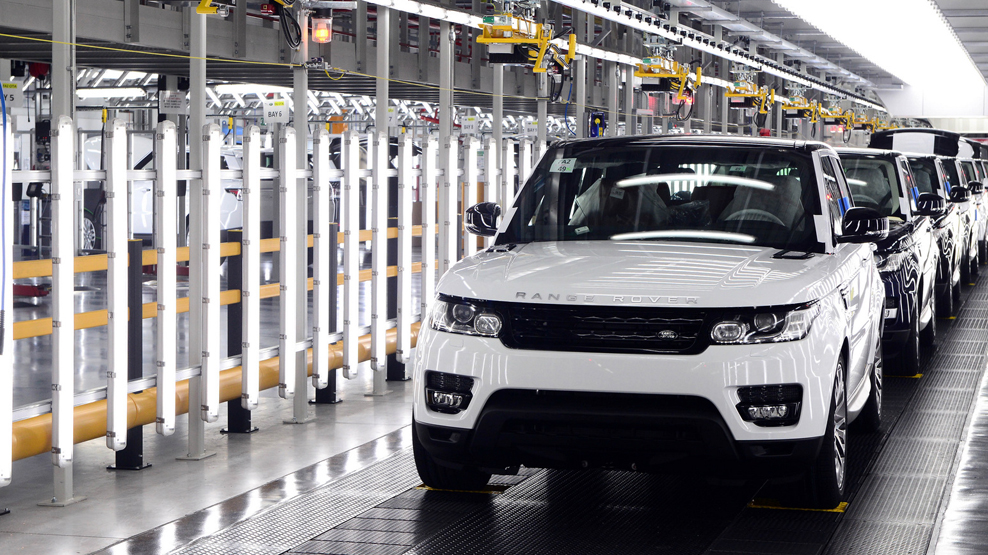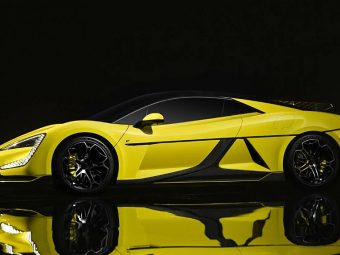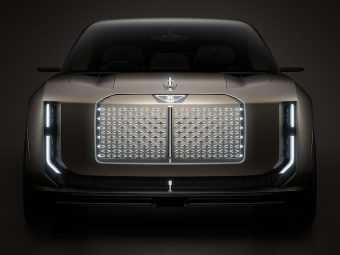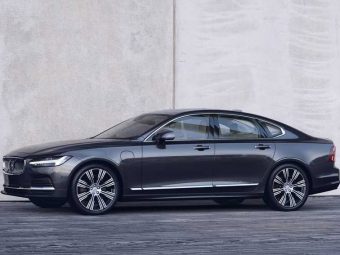As much as we disapprove of Jaguar Land Rover UK PR’s decision to continue employing Lindsey Dipple—who attempted to bully and belittle our colleague—we hold no ill will toward the broader workforce. We were so appalled by Dipple’s erratic and impulsive behaviour that we decided never again to cover any official Jaguar Land Rover communications. And although we are British, and supposedly duty-bound to wave the patriotic flag, we refuse. If Jaguar Land Rover goes down, we hope it takes Lindsey Dipple with it. That said, we doubt it will.
It turns out that some within the industry actually condone this kind of behaviour. But setting aside the issue of Lindsey Dipple as a terrible human being, Jaguar Land Rover is facing serious trouble. The company is planning a two-week shutdown of its Solihull plant at the end of October.
A combination of falling sales, Brexit uncertainty, and new diesel regulations has left Jaguar Land Rover floundering—and it’s going to take more than the off-road prowess of its 4x4s to get it out of this mess.
During the EU referendum, 56 percent of Solihull voters chose to leave the EU. Yet Jaguar Land Rover relies heavily on European suppliers—just as much as it does on UK-based ones. It’s a clear example of how uninformed and shortsighted many Brexit voters were.
The uncertainty surrounding post-Brexit trade conditions continues to undermine business confidence. If Brexit proceeds without a coherent strategy, manufacturing delays are likely. New agreements will be needed with European partners and suppliers, increasing operational costs.
In 2017, Jaguar Land Rover produced over 600,000 vehicles. It remains one of the smaller premium luxury carmakers. For comparison, Tesla employs fewer people but generates nearly the same annual net income.
However, Tesla’s stock market value is vastly higher—it ranks among the five most valuable automotive brands globally. Jaguar Land Rover doesn’t even register.
China has also seen a steep drop in JLR sales. The region had served as a financial lifeline, offsetting losses in Europe and the US. JLR initially assumed that Chinese consumers were delaying purchases in anticipation of reduced import duties. But even after those reductions took effect, sales failed to rebound. The company then blamed trade tensions with the US for the continued slowdown in Chinese demand.
The UK automotive sector is now bracing for a wave of post-Brexit uncertainty. On top of that, diesel car sales have plummeted due to new tax policies and stricter emissions regulations.
For Jaguar Land Rover, new car sales dropped by 20.5 percent in September. The company has repeatedly warned that Brexit, without a clear and supportive strategy, will negatively affect future profitability.
Production has already been reduced to a three-day week. CEO Dr. Ralf Speth recently warned that he may have to reconsider £80 billion in future UK investment.
Put plainly, Speth is signaling a potential relocation of operations abroad. But the company’s biggest vulnerability isn’t just Lindsey Dipple—it’s also the Jaguar brand itself.
Land Rover vehicles consistently outsell Jaguar models; in many ways, Land Rover is what keeps Jaguar afloat. At this point, Jaguar is merely treading water, swimming against the current.
Whether Jaguar survives Brexit is almost beside the point. The brand has been on life support for some time.







